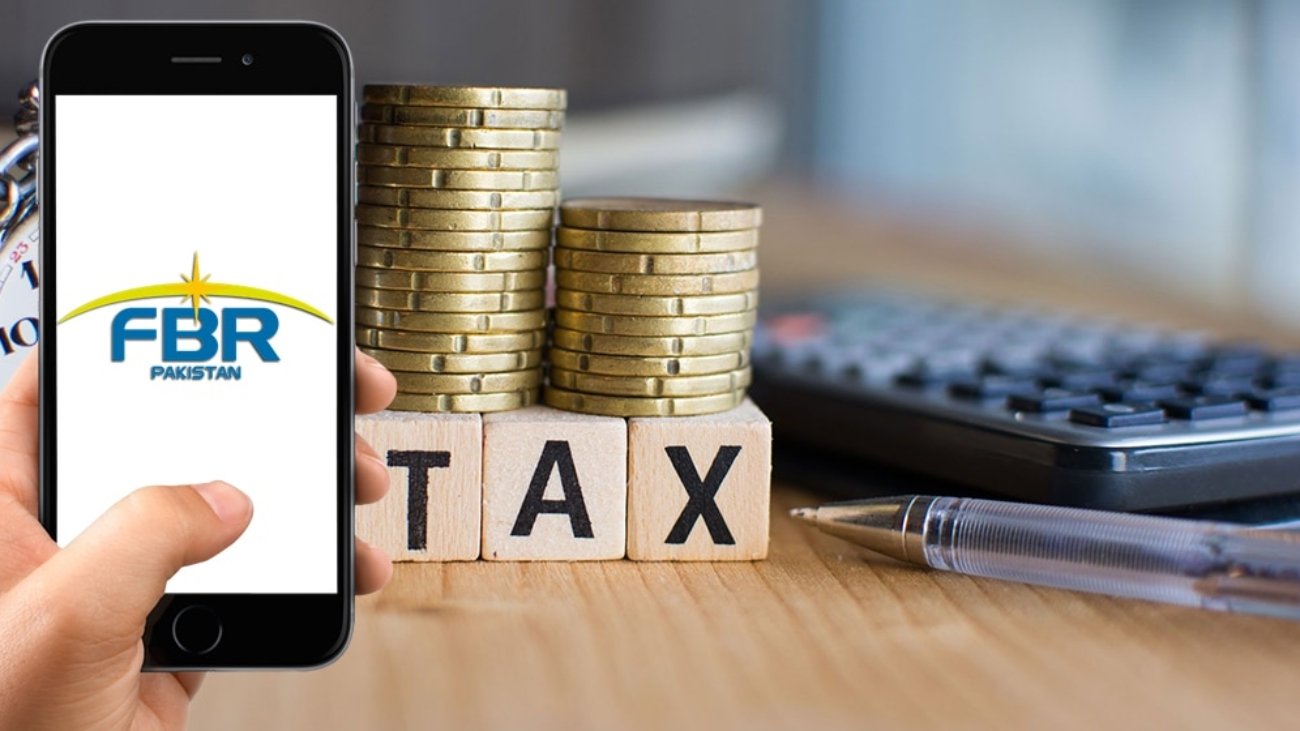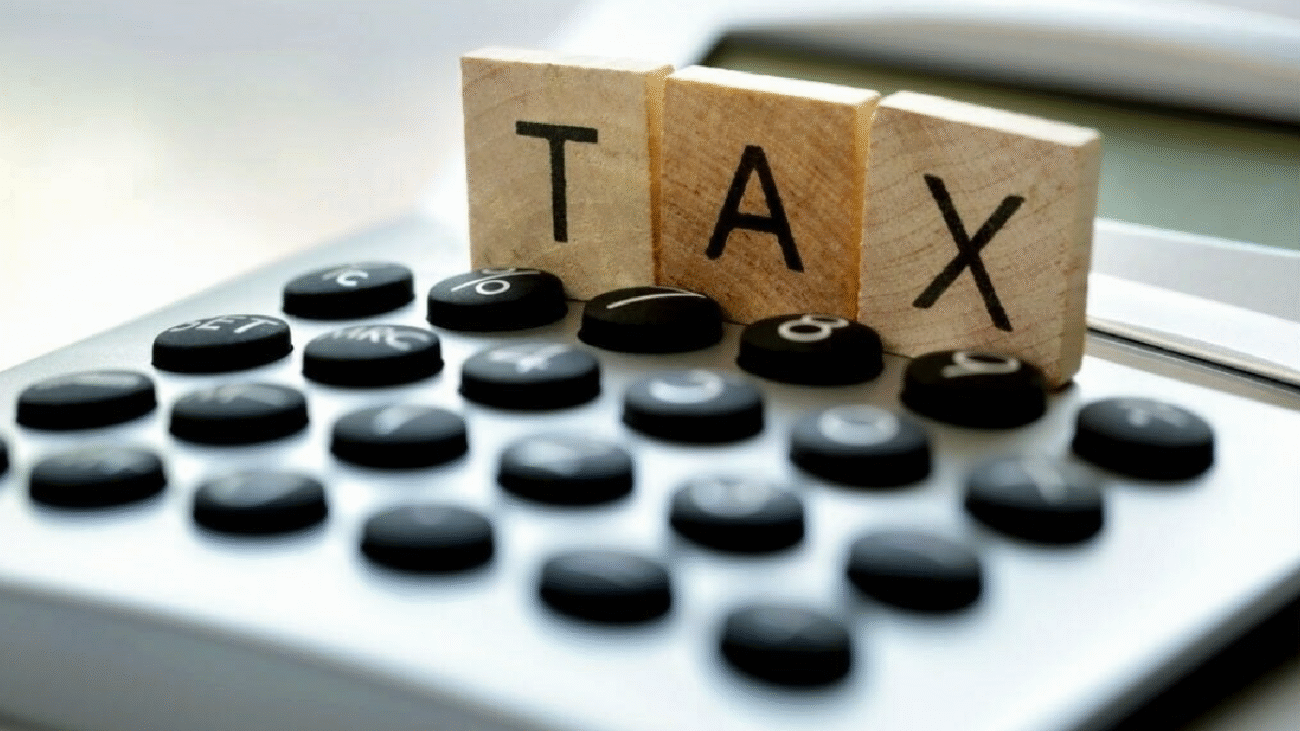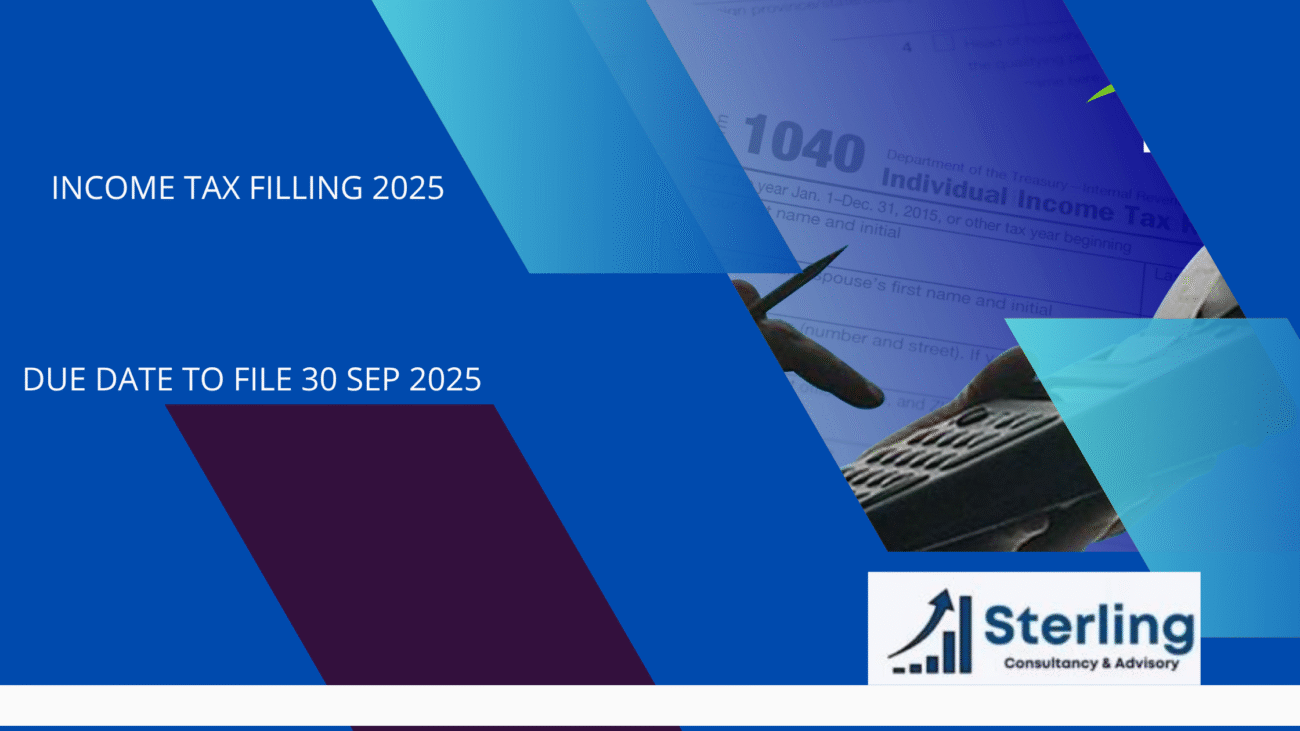Limitations Set by FBR for Sole Proprietors and Individuals (Non-Companies & Non-AOPs)
The Federal Board of Revenue (FBR) sets specific conditions and thresholds that determine when an individual or sole proprietor is required to act as a withholding agent and what tax compliance obligations apply.
These limitations are designed to exclude small businesses and low-income individuals from complex withholding and filing requirements, while ensuring that larger, more established sole proprietors contribute appropriately to tax collection.
✅ 1. Turnover Threshold for Becoming a Withholding Agent
As per FBR rules (frequently updated via SROs), individuals and sole proprietors become withholding agents only if:
- Their annual business turnover exceeds Rs. 100 million in the preceding tax year
OR - They employ 50 or more employees
📌 If either of these conditions is met, the individual or sole proprietor is legally bound to deduct withholding tax on specified payments such as:
- Contractor and supplier payments (Section 153)
- Rent (Section 155)
- Services (Section 153(1)(b))
- Salaries (Section 149)
📌 If these limits are not crossed, the individual is not required to act as a withholding agent (except in some cases like salary under Section 149 if they employ staff).
✅ 2. Filing Requirements for Sole Proprietors
All sole proprietors must file annual income tax returns, but additional obligations arise when they cross certain limits:
- Sales Tax Registration: Required if annual turnover exceeds Rs. 7.5 million (under Sales Tax Act, 1990).
- Withholding Tax Statements: Required if they qualify as withholding agents.
- Advance Tax Payment (Section 147): Sole proprietors with taxable income above thresholds may need to pay quarterly advance tax.
✅ 3. Exemptions for Small Traders & Shopkeepers
FBR introduced special schemes like the Tajir Dost Scheme, which simplifies compliance for small retailers and traders (mostly sole proprietors). Those enrolled may not need to deduct or deposit withholding taxes unless they exceed specified turnover limits.
✅ 4. Withholding Tax Not Applicable on Certain Payments by Individuals
According to the Income Tax Ordinance, the following limitations exist:
- Individuals (who are not withholding agents) are not required to deduct tax when paying professionals, contractors, or landlords.
- Payments made for personal or non-business purposes are usually exempt from withholding requirements.
✅ 5. Penalties and Audit Risk
If an individual or sole proprietor meets the threshold but fails to act as a withholding agent, they may face:
- Penalty under Section 182: Rs. 2,500 per day of default (up to Rs. 25,000)
- Default surcharge under Section 205: For delayed payment of deducted tax
- Audit selection risk: For non-compliance with withholding provisions
✅ Summary Table
| Criteria | Requirement |
| Turnover ≤ Rs. 100 million | No withholding tax responsibility |
| Turnover > Rs. 100 million OR ≥ 50 employees | Must act as withholding agent |
| Personal or non-business expenses | No WHT applicable |
| Filing annual income tax return | Mandatory for all sole proprietors |
| Sales Tax Registration | Required if turnover > Rs. 7.5 million |
✅ Example:
If Company is registered as a sole proprietorship and has:
- Rs. 80 million turnover in the last year
- 25 employees
👉 Then it does not qualify as a withholding agent and is not legally required to deduct tax under Sections 153, 155, etc.
However, if its turnover grows to Rs. 120 million and it hires 55 employees, it must deduct and deposit withholding tax and file monthly withholding statements.
✅ Final Notes:
- These limits are subject to change via FBR SROs or annual Finance Acts, so it’s crucial to review them annually.
- Even if not legally bound, many sole proprietors voluntarily deduct withholding tax to maintain vendor trust or ensure tax compliance in B2B contracts.










